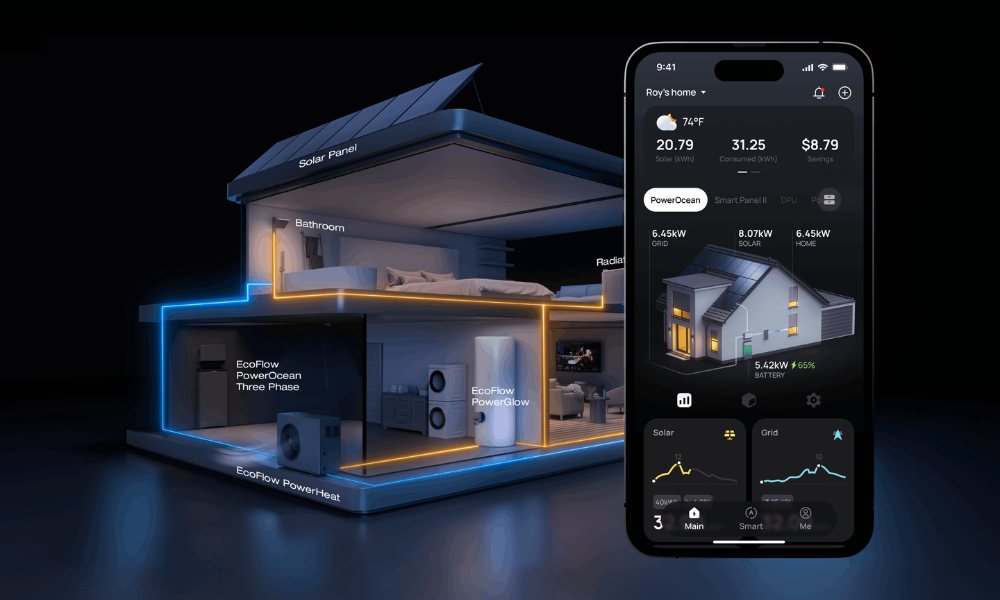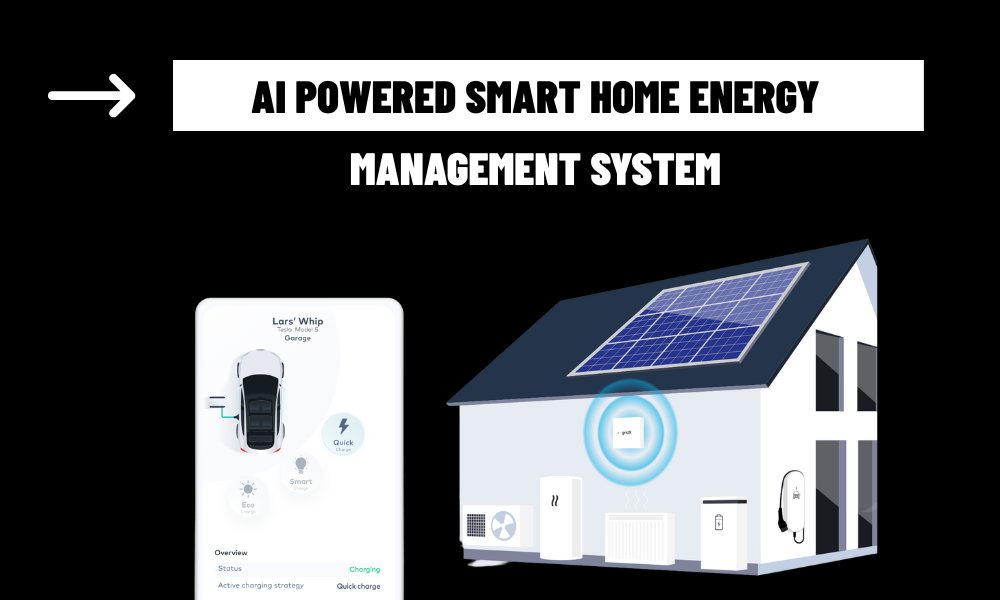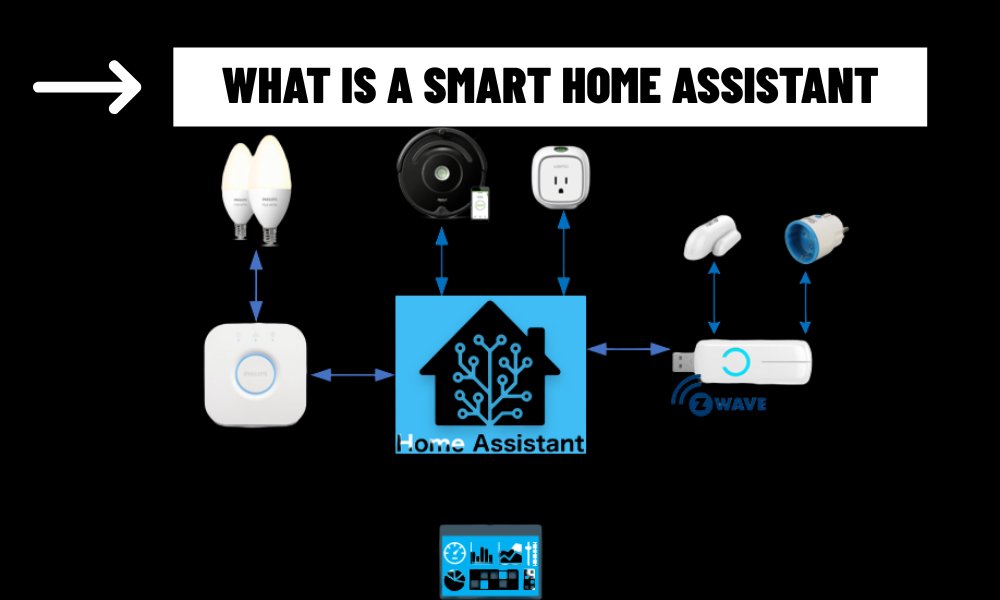Contents
The Evolution of Home Energy Management
The integration of artificial intelligence into home energy systems has transformed how households consume and manage power. An AI powered smart home energy management system leverages advanced algorithms and real-time data to optimize energy usage, reduce costs, and promote sustainability. By intelligently coordinating devices and analyzing consumption patterns, these systems create homes that are not only efficient but also environmentally responsible, aligning with the global push for greener living.
How AI Drives Energy Efficiency
The core strength of an AI powered smart home energy management system lies in its ability to learn and adapt. AI analyzes data from connected devices, such as smart thermostats, lighting, and appliances, to understand usage habits and environmental factors. For instance, it can adjust heating based on occupancy or shift high-energy tasks to off-peak hours, minimizing costs. This predictive capability ensures energy is used only when necessary, reducing waste while maintaining comfort.
Unlike traditional systems, AI goes beyond preset schedules. It processes real-time inputs, like weather forecasts or energy price fluctuations, to make dynamic adjustments. For example, an AI powered smart home energy management system might lower cooling on a cloudy day or prioritize solar power when available. This intelligent orchestration creates a responsive home that balances efficiency with user needs, delivering tangible savings and environmental benefits.

Enhancing Sustainability and Control
Sustainability is a hallmark of an AI powered smart home energy management system. By optimizing device performance, these systems reduce overall energy consumption, lowering carbon footprints. They seamlessly integrate with renewable energy sources, such as solar panels, to maximize the use of clean power. AI can predict solar output and align appliance schedules accordingly, ensuring homes rely less on fossil fuels.
Remote control is another key advantage. Through mobile apps or voice assistants, users can monitor and adjust energy usage from anywhere. An AI powered smart home energy management system provides detailed insights, such as identifying high-consumption devices or suggesting efficiency improvements. This empowers homeowners to make informed decisions, fostering a proactive approach to energy management.
Real-World Impact on Households
The adoption of an AI powered smart home energy management system reshapes daily life by simplifying energy oversight. Imagine a home where lights dim automatically in unoccupied rooms, or where your water heater operates only when demand is high, all without manual input. These systems create a seamless experience, ensuring comfort while minimizing waste. For households, this translates to lower utility bills—often by 15-20%—and a reduced environmental impact.
The ability to integrate with smart grids further enhances impact. AI can respond to grid signals, reducing demand during peak periods to stabilize local networks. This not only benefits homeowners through potential incentives but also supports broader energy sustainability goals, making AI powered smart home energy management systems a cornerstone of modern energy ecosystems.

The Future of AI Energy Management
Looking ahead, AI powered smart home energy management systems will become even more sophisticated. Advances in machine learning will enable deeper personalization, such as tailoring energy plans to individual lifestyles. Interoperability standards will ensure seamless integration across devices, while enhanced cybersecurity measures, like localized data processing, will protect user privacy. These systems will also play a larger role in net-zero homes, optimizing renewable energy to achieve carbon neutrality.
Getting Started with AI Energy Management
Implementing an AI powered smart home energy management system begins with selecting a compatible platform, such as a smart home hub, to centralize control. Start with key devices like smart thermostats or energy monitors, then expand to include appliances. Securing your network with strong encryption is essential to safeguard your system.
An AI powered smart home energy management system is revolutionizing how homes use energy, offering efficiency, sustainability, and control. By leveraging AI’s intelligence, these systems create responsive, eco-friendly living spaces that save costs and reduce environmental impact. Embracing this technology in 2025 is a step toward a smarter, greener future.


